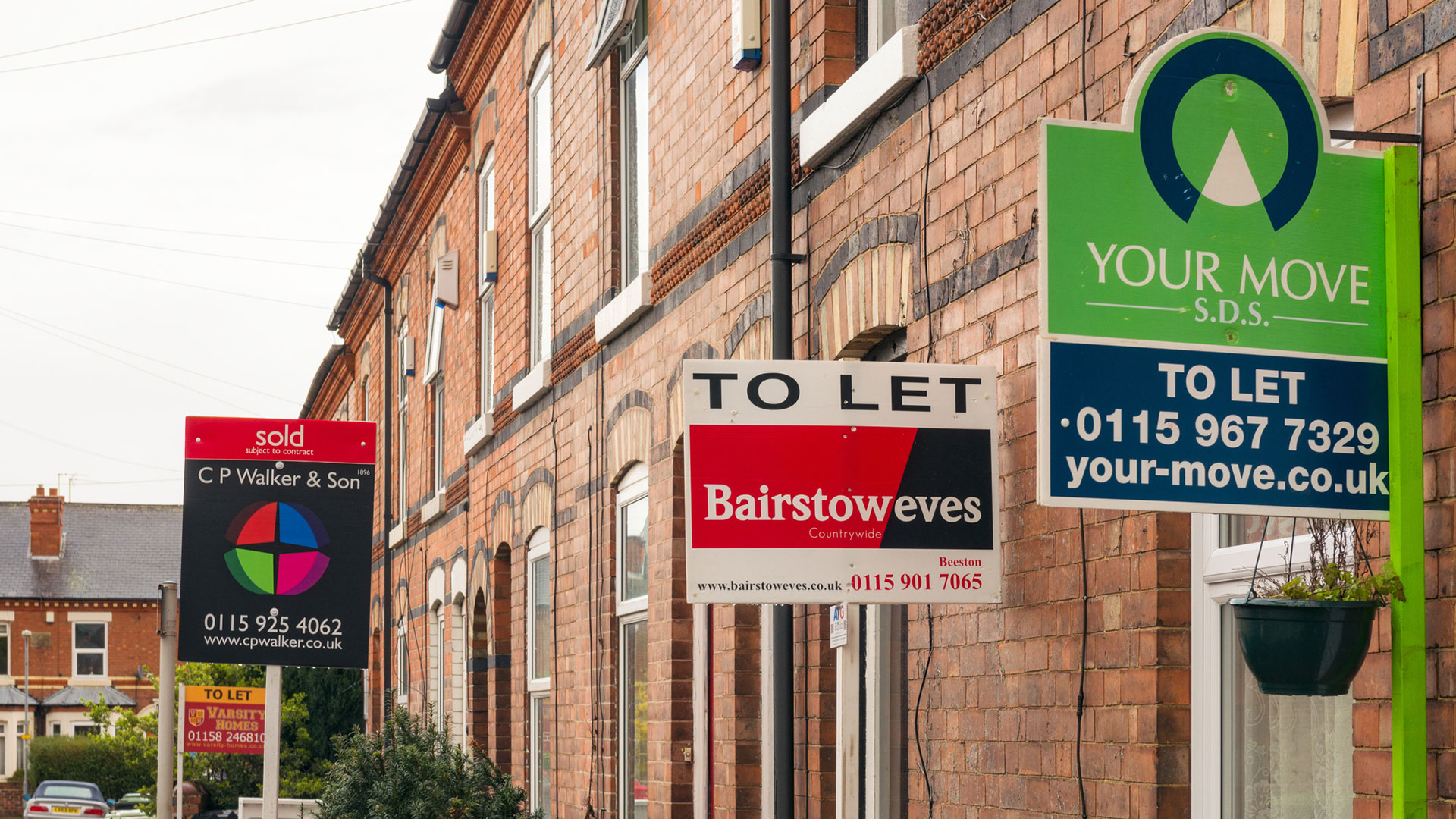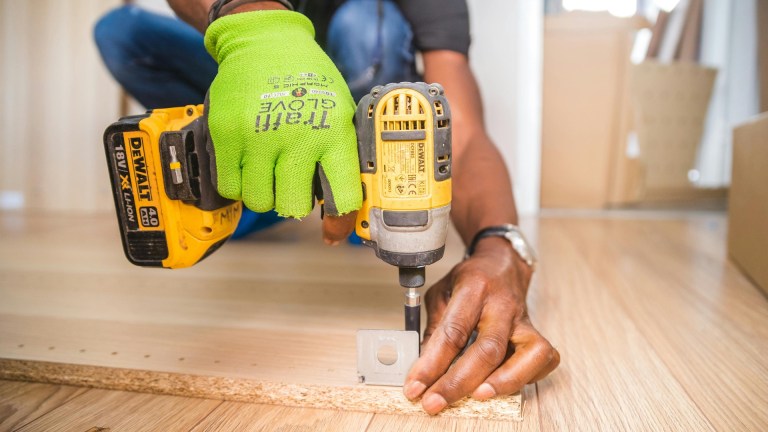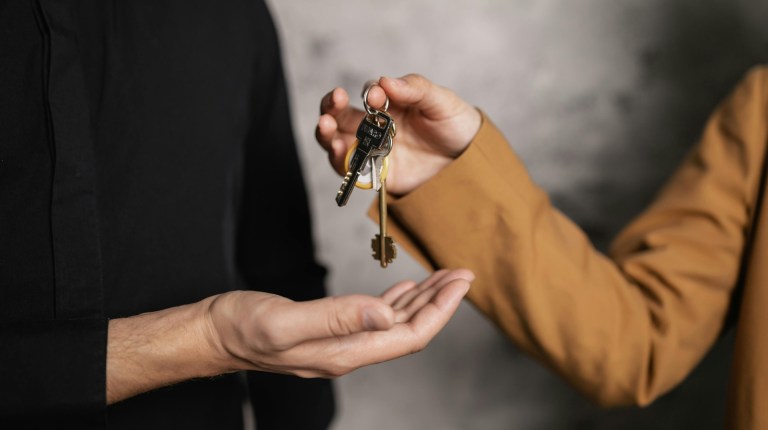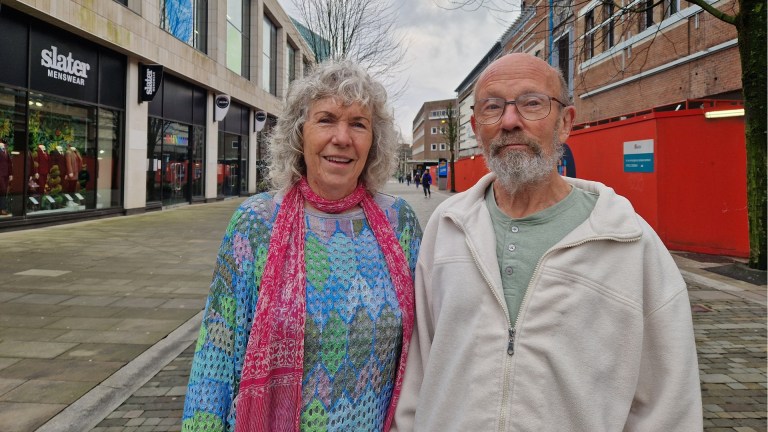But, with the true economic impact of the crisis only just beginning to be felt and children due back at school in the weeks following the end of the ban, the campaigners said the Government must protect renters the same way they have protected businesses and mortgage holders to ensure everyone is able to keep a roof over their head.
Despite a boost to the Local Housing Allowance (LHA) rate at the start of lockdown, Generation Rent said, thousands have been left without a safety net including students, people with no recourse to public funds and those with rent more expensive than LHA payments.
The proposed home retention scheme would clear rent debt not covered by benefits as well as allowing landlords to apply for funding that would cover 80 per cent of the rent they charge on their tenants’ behalf, estimated to cost £750m per quarter.
The Government must also suspend evictions for those who have fallen into arrears to protect those whose incomes have been cut during the pandemic, they said.
And the welfare system needs urgent reform – like removing benefit caps, opening up eligibility to a wider group of people and ending the no recourse to public funds policy – if protection for renters is to be sustainable, according to the group.
Advertising helps fund Big Issue’s mission to end poverty
Alicia Kennedy, director of Generation Rent, said: “There is a rent debt crisis and renters are at risk of losing their homes. The government has already intervened to stop businesses from going under, and mortgage holders from losing their homes. They need to give the same protections to renters who still face losing their home or going bankrupt as a result of rent arrears.
“There are too many holes in the welfare system and our package of measures would ensure no renter faces destitution or becomes homeless due to Covid-19.
“But with the economy contracting, the government should not be expected to sustain rent levels set when the economy was strong. That’s why we propose that landlords would only be guaranteed up to 80 per cent of their rent.”
Last month the Resolution Foundation warned that tenants were being forced to a financial cliff-edge and had to cut back on essentials like fresh food as the pandemic further exacerbated Britain’s housing divide.
Meanwhile the Social Metrics Commission (SMC) has echoed the campaigners’ warnings of a crisis after releasing concerning new figures showing that 4.5 million people, or seven per cent of the population, are living in deep poverty, meaning they’re on incomes more than 50 per cent below the poverty line.
Advertising helps fund Big Issue’s mission to end poverty
And the crisis is hitting some groups harder than others. The BAME community has been disproportionately affected by Covid-19 both as a virus and as a driver for deprivation. The SMC report showed that as many as half of BAME households are living in poverty, compared to just one in five white households.
A Ministry of Housing, Communities and Local Government spokesperson said: “The Government has taken unprecedented action to support renters during the pandemic to ensure no one can be evicted from their home before August 24.
“We have also put in place a support package to help prevent people getting into financial hardship or rent arrears which includes help for businesses to pay staff salaries, providing over £6.5 billion to strengthen the welfare safety-net and increasing LHA rates so that they cover the lowest 30 per cent of market rents.
“We are working with the judiciary to ensure that, as far as practicable, arrangements – including rules — are in place to give appropriate protections for those who have been particularly affected by coronavirus when evictions proceedings start again.”










